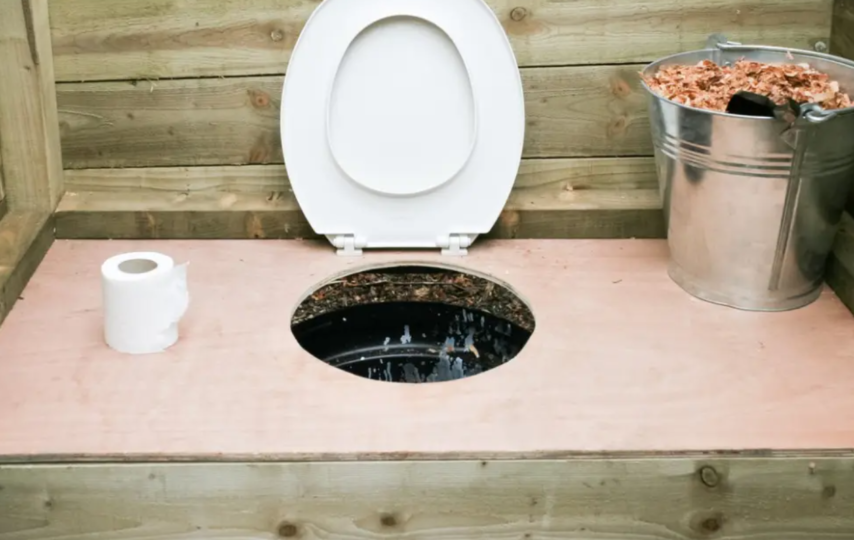Composting toilets are a sustainable and eco-friendly option for managing human waste. Unlike traditional flush toilets that use water to transport waste to a sewer or septic system, composting toilets rely on a natural biological process to turn waste into nutrient-rich compost.
Composting toilets have been used for thousands of years in various forms, but modern designs are becoming increasingly popular as people look for ways to reduce their environmental impact and live more sustainable lifestyles. In this article, we will explore the benefits of composting toilets, how they work, and the different types available.
Credit: Unsplash.com
Benefits of Composting Toilets
Composting toilets offer numerous benefits over traditional flush toilets, including:
Water Conservation: Composting toilets use little to no water, making them an excellent option for areas with limited water resources or where water is expensive. According to the Environmental Protection Agency, flushing toilets can use up to 30% of a household’s total water consumption. By using a composting toilet, you can significantly reduce your water usage.
Environmental Sustainability: Composting toilets eliminate the need for a septic system or sewer connection, reducing the environmental impact of wastewater treatment. Additionally, composting toilets create a valuable soil amendment that can be used to fertilize gardens and plants.
Cost Savings: Composting toilets can save you money in the long run by reducing water usage and eliminating the need for a septic system or sewer connection. They also require little maintenance, making them a low-cost alternative to traditional flush toilets.
Independence: Composting toilets can be installed in remote locations or off-grid homes, providing an independent and self-sufficient solution for managing human waste.
How Composting Toilets Work
Composting toilets use a natural biological process to break down human waste into compost. The process involves four stages: separation, composting, evaporation, and storage.
Separation: The first stage is separating the liquid and solid waste. Most composting toilets have a urine diverter that collects liquid waste and directs it to a separate container. This separation prevents the compost from becoming too wet and helps to eliminate odor.
Composting: The solid waste is mixed with a bulking agent such as sawdust, coconut coir, or peat moss. The bulking agent helps to create air pockets and balance the carbon-to-nitrogen ratio, which is essential for the composting process. Microorganisms such as bacteria and fungi break down the waste and bulking agent, converting it into compost.
Evaporation: As the composting process occurs, moisture is evaporated from the waste. This helps to further reduce the risk of odor and prevents the compost from becoming too wet.
Storage: Once the composting process is complete, the compost is stored in a container until it is ready to be used as fertilizer.
Types of Composting Toilets
There are several types of composting toilets available, including:
Self-Contained: Self-contained composting toilets are designed for use in smaller spaces such as RVs, tiny homes, or cabins. They are compact and do not require an external composting bin.
Split Systems: Split systems are designed for larger homes or buildings and include a separate composting chamber that is located away from the toilet. Solid waste is collected in the toilet and transported to the composting chamber for composting.
Batch Systems: Batch systems are designed for larger homes or buildings and use a rotating drum to mix and aerate the compost. The rotating drum allows for continuous composting and eliminates the need for a separate composting chamber.
Vermicomposting Toilets: Vermicomposting toilets use worms to aid in the composting process. The worms help to break down the waste and create a nutrient-rich compost that is ideal for



